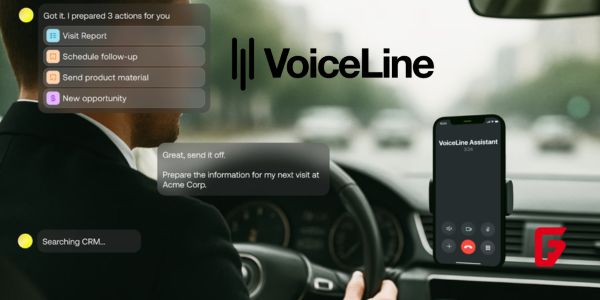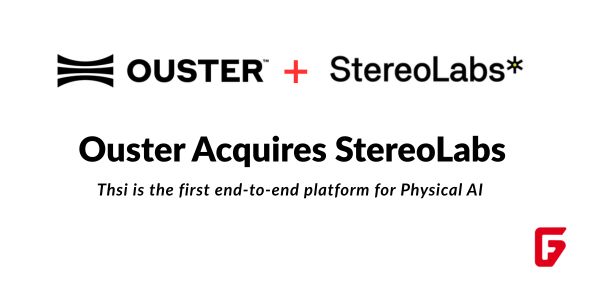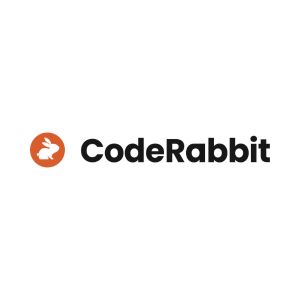
Startups & Business News | Glossary
What is a Chatbot?
A chatbot is an artificial intelligence (AI) program designed to simulate conversation with human users through text or voice interactions on websites, mobile apps, or messaging platforms. Chatbots leverage natural language processing (NLP) and machine learning to understand, process, and respond to user questions in real time, providing automated customer support, enhancing website engagement, and driving conversions.
Effective chatbot integration improves SEO by increasing user engagement, reducing bounce rates, optimizing for voice search, and offering personalized recommendations—key factors in modern search and answer engine optimization strategies. Businesses deploy chatbots to streamline communication, qualify leads, gather insights for content optimization, and deliver a seamless digital experience around the clock.
Here’s how chatbots simulate human conversation:
Understanding input: The chatbot uses NLP to interpret the user’s language, identifying intent and relevant keywords or phrases in the message.
Generating responses: Based on the input, the chatbot either matches it to a set of pre-defined rules (in rule-based chatbots) or uses AI-driven algorithms (in conversational AI chatbots) to craft a response that feels natural and contextually relevant.
Continuous improvement: AI-powered chatbots can learn from each interaction, improving their ability to handle complex queries and personalize future conversations.
Modern chatbots are widely used for customer support, sales inquiries, and automated assistance, offering real-time, personalized engagement with users while operating 24/7
Trending Companies
Latest Articles

Dwelly Raises $93M to Supercharge AI-Powered UK Rentals Roll-Up
London startup Dwelly just landed $93M to snap up UK rental agencies and inject AI smarts. Founders from Uber and

Encord Raises $60M Series C: Fueling Physical AI Data Wave
Encord just landed $60M in Series C funding to supercharge data tools for physical AI. Founders Eric Landau and Ulrik

Foodforecast Raises €8M Series A to Slash Ultra-Fresh Food Waste with AI
Foodforecast, a Cologne AI foodtech firm, just scored €8M in Series A funding led by SHIFT Invest. Their tools predict

AI-Driven Operational Excellence: How Leaders Scale Ownership, Discipline, and Continuous Improvement in 2026
In 2026, AI scales operational excellence fundamentals—clear ownership, disciplined execution, and continuous improvement—letting leaders focus on outcomes while systems handle

VoiceLine raises €10M to scale voice AI for enterprise frontline teams
Munich-based VoiceLine has closed a €10M Series A round to grow its voice AI platform for frontline sales and service

AI-Driven Logistics & Distribution Transformation: From Insight to Scalable Impact
AI is redefining logistics transformation—from network design to real-time execution. This article explores how data-driven insight, intelligent automation, and scalable

Hai Robotics Hong Kong IPO: From Startup Funding to Warehouse Robot Leader
Shenzhen’s Hai Robotics, pioneer in ACR warehouse robots, files for HK IPO after raising over $500M in funding rounds led

AI-Enabled Process Engineering & Continuous Improvement: Designing Systems That Learn
Explore how AI transforms process engineering and continuous improvement into self-learning systems. This article explains how organizations can design operations

Ouster Acquires StereoLabs: Unified Physical AI Sensing Platform Launches
Ouster’s $35M StereoLabs acquisition fuses lidar and ZED cameras into end-to-end Physical AI sensing. Founders Cecile Schmollgruber and team drive

Bretton AI Lands $75M Series B Funding to Scale AI Agents for Financial Crime and AML/KYC Compliance
Bretton AI’s $75M Series B modernizes AML KYC compliance via AI agents, slashing staffing costs for banks and fintechs like

Axiom Space Raises $350M to Build Commercial Space Station and NASA Spacesuits
Axiom Space has locked in a fresh $350M raise to push its commercial space station and NASA lunar spacesuits toward

Santé Raises $7.6M Seed: AI Fintech Revolution for Wine and Liquor Retail
New York startup Santé secures $7.6M seed to build AI-powered POS for liquor stores, tackling regs & inventory woes after
futureTEKnow is focused on identifying and promoting creators, disruptors and innovators, and serving as a vital resource for those interested in the latest advancements in technology.
© 2026 All Rights Reserved.










